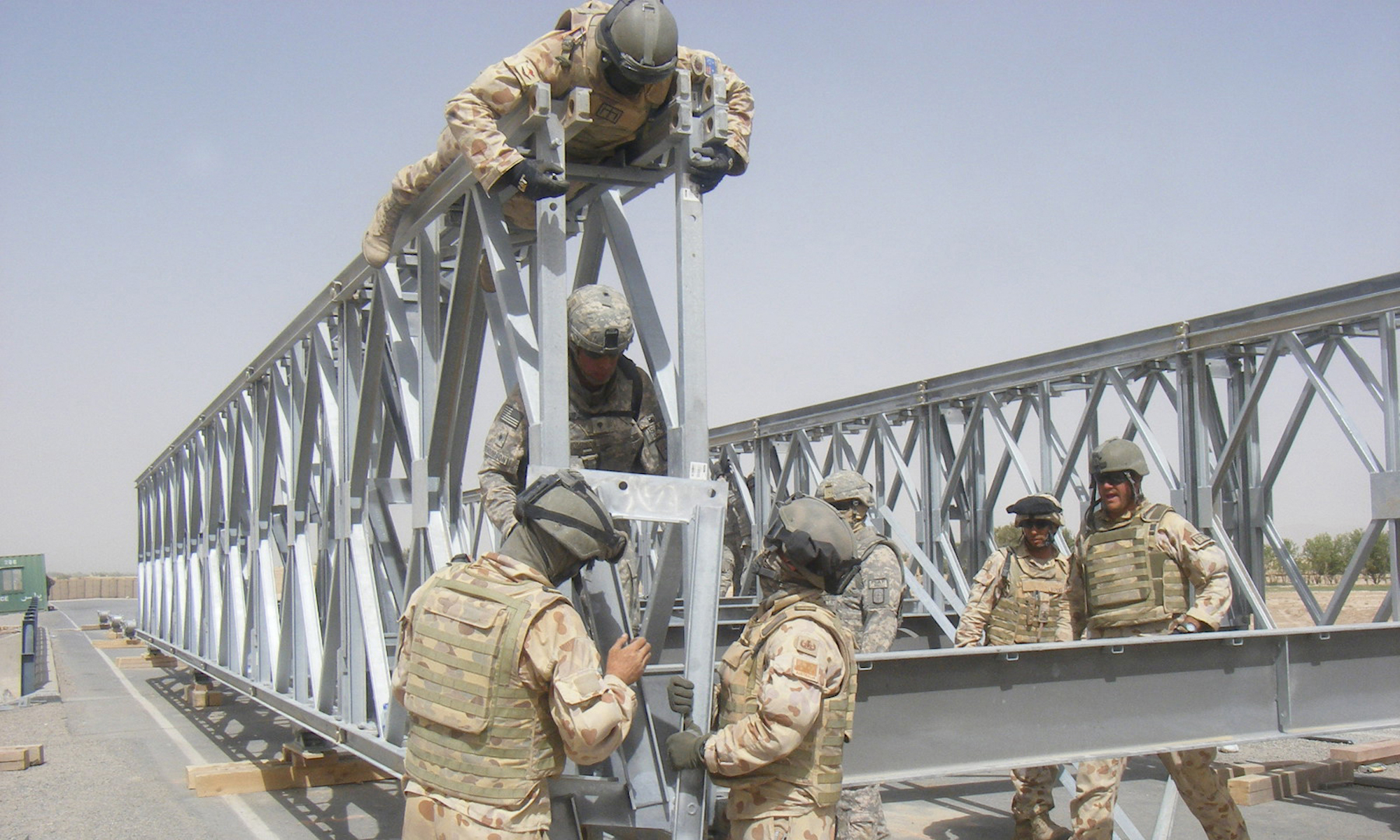This article explores the complex relationship between disarmament, demobilisation and reintegration of ex-combatants (DDR) and transitional justice. While both DDR and transitional justice often operate simultaneously, neither process has traditionally been designed with the other in mind. In fact, they are often in tension or competition, pursuing competing demands and potentially drawing on the same scarce donor pools. While scholars and practitioners of transitional justice have become somewhat attuned to the presence of DDR processes in countries emerging from conflict, and the challenges and opportunities they present for transitional justice, we observe that by comparison, it is only fairly recently that DDR policies, if not programmes, have begun to take account of the demands and practice of transitional justice. We argue that while the activities of DDR and transitional justice may often be in tension, in some instances they might be designed to operate in a more complementary fashion. However, for this to even be conceivable, it is essential that scholars and practitioners of each seek to understand the work of the other better.
Exploring Subregional Conflict: Opportunities for Conflict Prevention
The causes of violent conflict, as well as approaches to conflict prevention have been studied extensively, but only recently has attention been given to the subregional dynamics of internal wars. The authors of this original collection of subregional case studies explore conflicts in Africa, Central Asia and Central America, seeking new insights that can provide the foundation for more nuanced, more effective preventive strategies.
From Promise to Practice: Strengthening UN Capacities for the Prevention of Violent Conflict
How can the United Nations, regional and subregional organizations, government donors, and other policymakers best apply the tools of conflict prevention to the wide range of intrastate conflict situations actually found in the field? The detailed case studies and analytical chapters in this book offer operational lessons for fashioning strategy and tactics to meet the challenges of specific conflicts, both potential and actual. The cases included are Burundi, Colombia, East Timor, Fiji, Georgia, Kenya, Liberia, Tajikistan, and Tanzania/Zanzibar.
